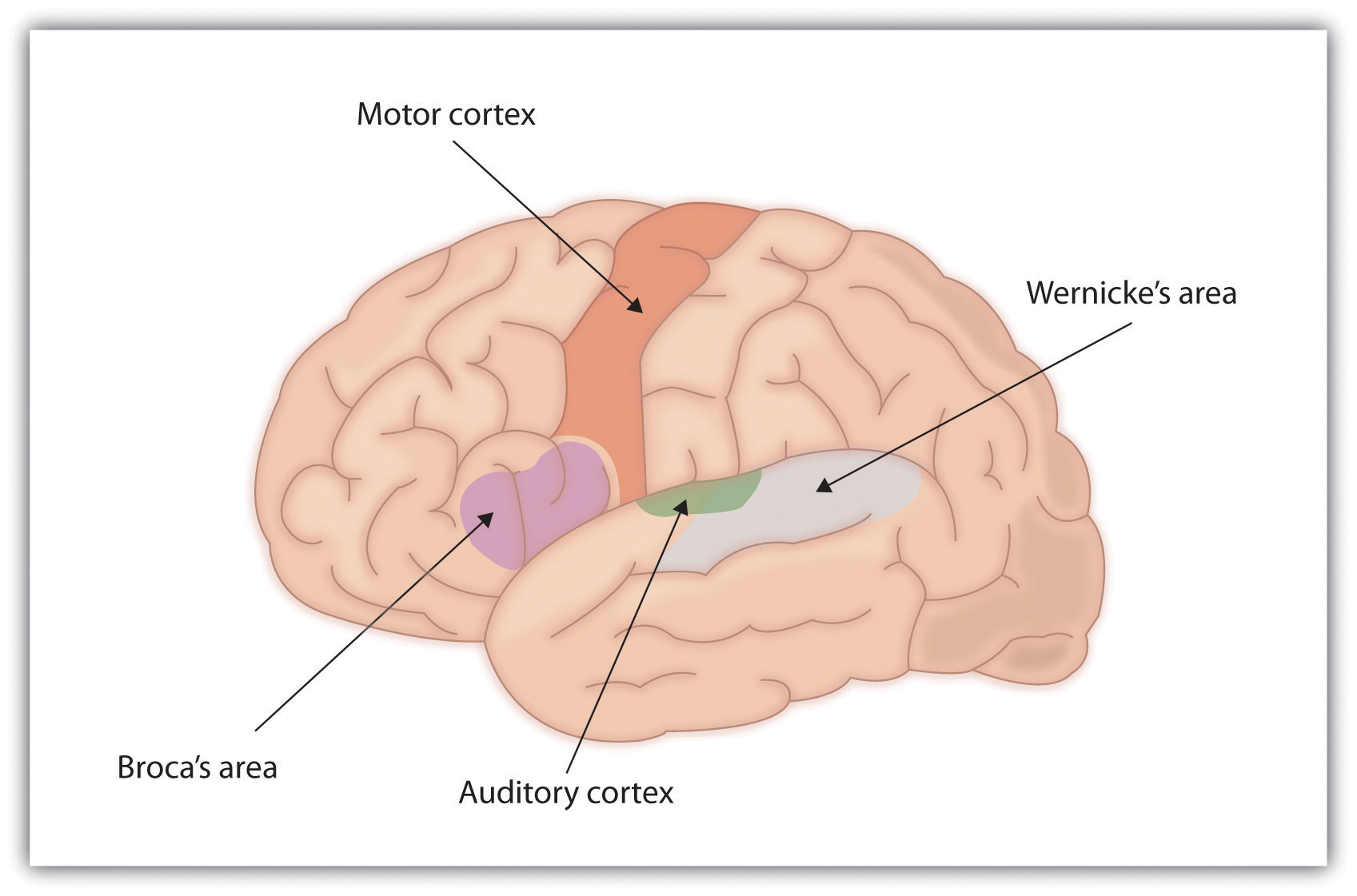Foreign Accent Syndrome: Is It Real?
Foreign Accent Syndrome? I learned about it yesterday while watching a stand-up special on Netflix, and Tom Segura told a joke about it.
Foreign Accent Syndrome: Quick and Dirty Research
Immediate google search. It seems Foreign Accent Syndrome is a thing – a rare neurological condition with no known cause and no known cure.
The syndrome apparently made headlines in the U.S. in 2015 when a born-and-bred Texas woman went into dental surgery for an overbite and came out with a British accent. Huh?
Here’s an overview of her story and the condition from ABC News.
Okay, I believe she’s not faking it. Anyone else with Foreign Accent Syndrome out there?
Yup. In 2013, a woman in Britain suffering from severe migraines was rushed to a hospital to recover and woke up with a … Chinese accent.
Enough of the internet.
Foreign Accent Syndrome: Real Research
Let’s get serious – which means reading actual research articles in peer-reviewed medical journals. Here’s what I’ve found:
Foreign Accent Syndrome was first described in 1907 by the French neurologist Pierre Marie. He reported a Parisian patient who started speaking French with an Alsatian accent when recovering from a subcortical left hemisphere stroke.

Point of information: language areas are in the left hemisphere, so stroke or trauma to it can disrupt language perception and performance, depending on where the damage is done. More specifically:

Broca’s area is in the prefrontal cortex. It is named for French neurologist Paul Broca who, in 1865, identified the area as being involved in language.
Two things:
First, language is not in that area. Rather, Broca’s is the place in the brain where the different systems supporting language production and perception come together and synthesize.
Second, notice how close Broca’s is to both motor cortex and auditory cortex. Depending on where the lesions or the broken blood vessels are, different aspects of linguistic behavior may be impaired. You need an intact motor cortex to produce speech (and all other bodily behaviors) and you need an intact auditory cortex to process speech.
Back to Foreign Accent Syndrome. Since 1907 only 60+ cases of FAS have been reported, with most associated with left hemisphere stroke or trauma. FAS may occur either in isolation or with other linguistic deficits or even with other behavioral changes, including altered gait and/or personality. FAS may be permanent or transitory. The huge variation among cases gives little consensus about its nature.
Because, as I have said in other blogs, language is closely entwined with identity, the overwhelming majority of people suffering from FAS are very unhappy about it. They have effectively lost a part of their identity and acquired a strange new one they didn’t want. As a coping strategy, some FAS-sufferers start using words from the language of their supposed foreign accent in order to feel more authentic.
And now here’s the real advantage of reading actual research on a topic rather than relying on anecdotal internet searches: the foreign accents of those with FAS aren’t the real foreign accent. Rather they may have certain aspects of a foreign accent that others perceive as being British or Chinese or whatever.
Take the case of a French-speaking Belgian woman involved in a car accident as a pedestrian. Six months after the accident, she started speaking with an accent her listeners perceived as Dutch. The medical team studying her found samples of her speech from before the accident. Her earlier speech had the regular amount of trill for a French [r]. After the accident the trill was much stronger, which is typical of the [r] in German and some regional variants of Dutch.
The medical team had her foreign accent assessed by a panel of 30 French-speakers. They listened to the speech of the patient mixed with those of a native speaker of French and three non-native speakers. Long story short: The FAS-sufferer was identified as less “French” than the native French speaker, which makes sense, but when asked to identify her native language the 30 panelists came up with 16 different mother tongues for her, most often other Romance languages. In other words, her accent was clearly off, but not off in a uniformly recognizable direction.
Incidentally, she is one of only a handful of FAS cases to not be associated with measurable brain injury. Her MRIs and CT scans repeatedly showed no abnormalities. She is also untroubled by her condition and, at the same time, has developed an argumentative and antisocial disposition.
So, the answer to my question: FAS: Is it real? is Yes. However, the real take-away is that the syndrome is misnamed. It should be Foreign-like Accent Syndrome.
See also: All My Languages Blogs
Categorised in: Language, Thoughts
This post was written by Julie Tetel Andresen
You may also like these stories:
- google+
- comment



